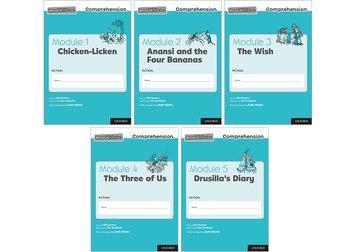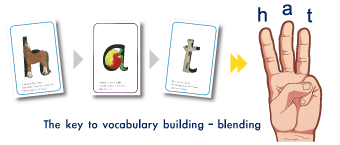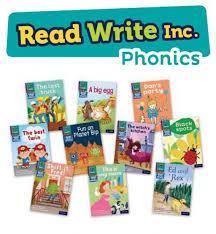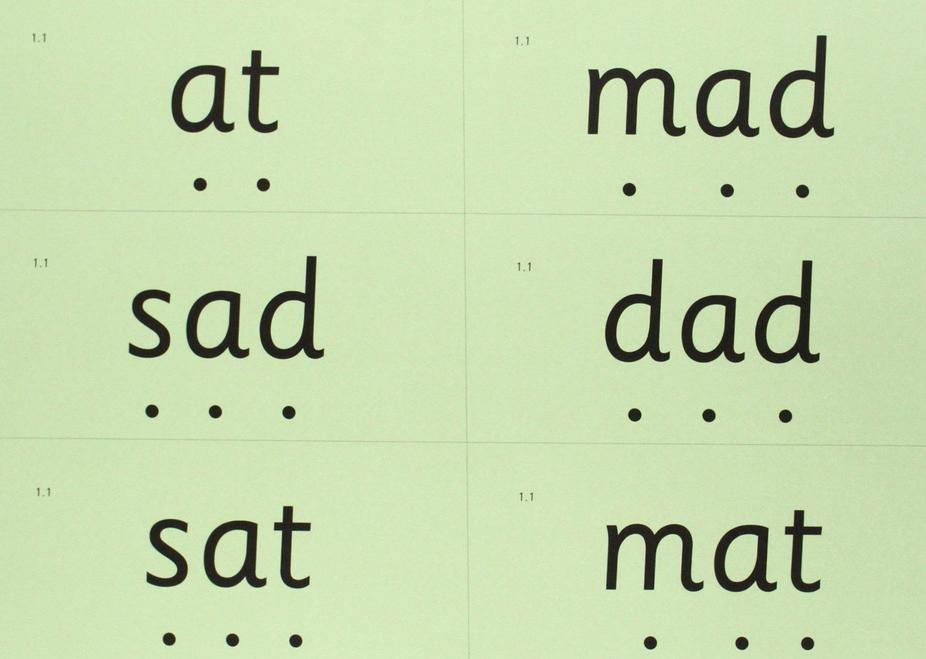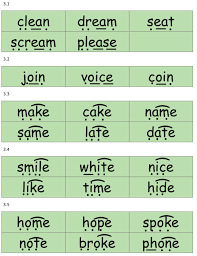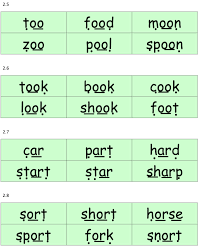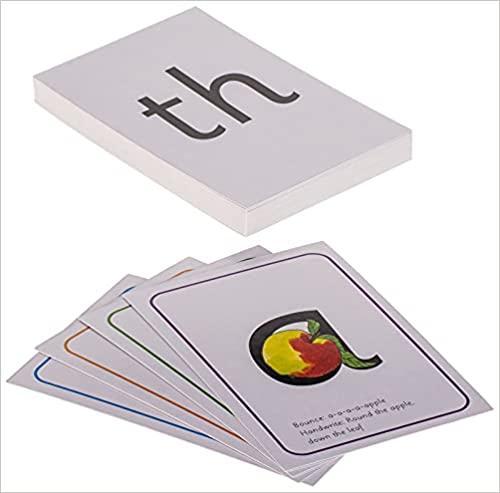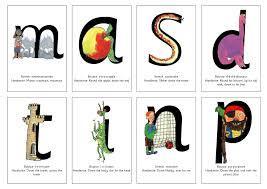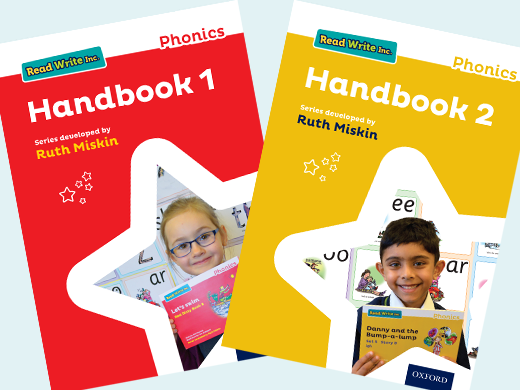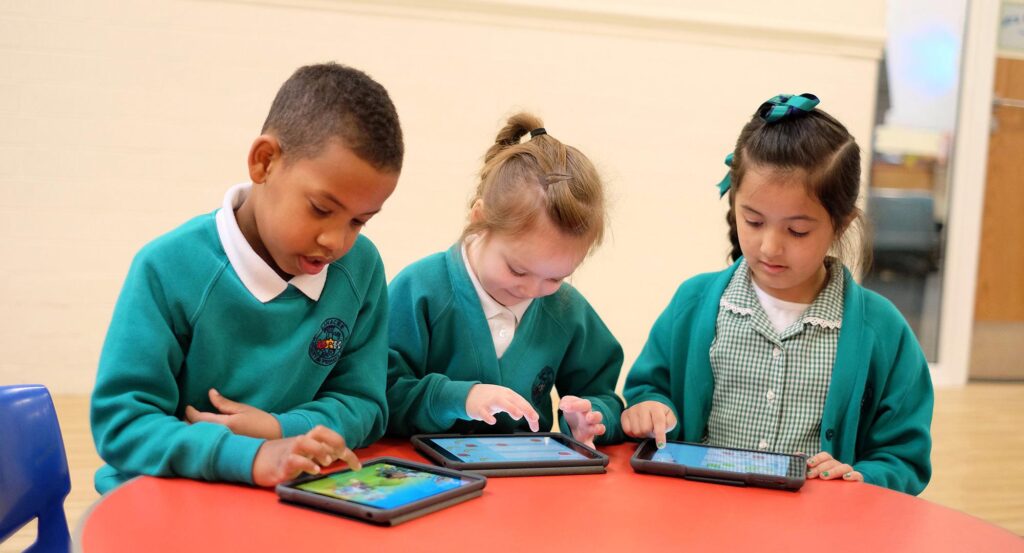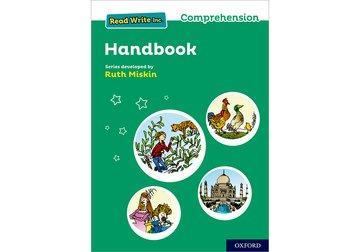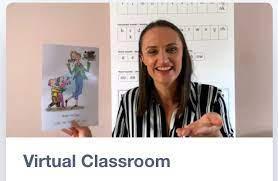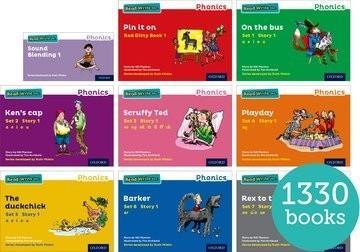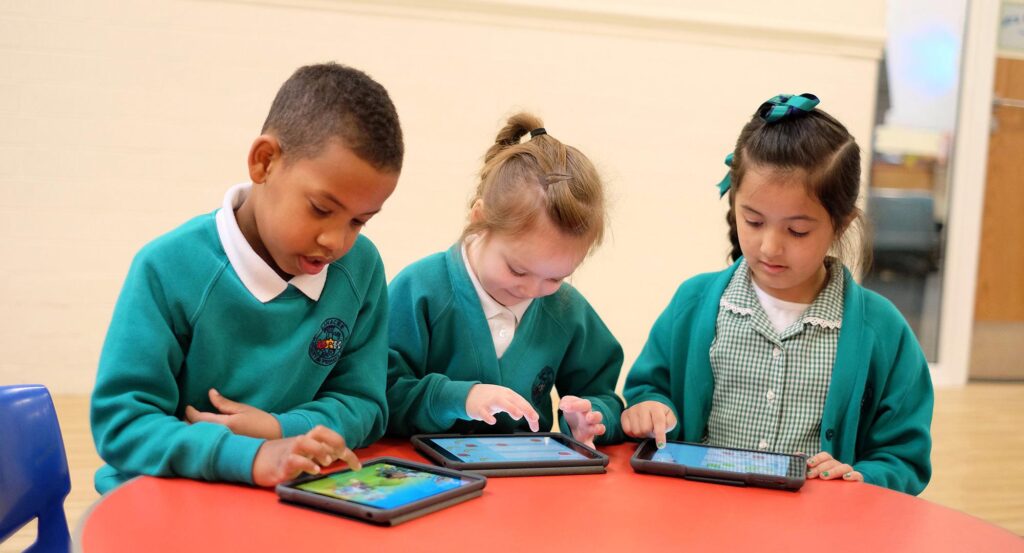
Intent
At Linacre, our pupils learn to read and write effectively and quickly using the Read Write Inc Phonics programme (RWI). They progress onto Read Write Inc Comprehension and spelling once they can read with accuracy and speed. We use the same scheme consistently from Nursery through to Year 2 and sometimes beyond. This scheme is now becoming embedded at Linacre and we are seeing lots of positive results, from using this approach. The five main principles underpinned by RWI are as follows: Purpose - know the purpose of every activity and share it with the children, so they know and understand the one thing they should be concentrating on at that moment. Participation - ensure that every child is involved throughout the lesson. Working in partnership is a fundamental part of this scheme. Praise - ensure that children are praised for effort and participation, not necessarily ability. Pace - teach with speed and rigour and ensure that every minute is dedicated to high quality teaching and learning Passion - be passionate about teaching phonics so that the children are engaged, motivated and enthusiastic about learning. The programme is for: Pupils in Reception Class to Year 2 who are learning to read and write Any pupils in Years 2 and 3 who need to catch up rapidly Struggling readers in Years 4, 5 and 6 follow Read Write Inc Virtual Classroom Nursey begin the programme at their level from Summer Term
Implementation
In Read Write Inc. Phonics pupils: Decode letter-sound correspondences quickly and effortlessly, using their phonic knowledge and skills Read common exception words on sight Understand what they read Read aloud with fluency and expression Write confidently, with a strong focus on vocabulary and grammar Spell quickly and easily by segmenting the sounds in words Acquire good handwriting The Read Write Inc. programme has detailed and structured lesson plans. These give the teachers practical day-today guidance. All groups are taught using the same behaviour signals and structure. This ensures that the children clearly know what is expected and what comes next regardless of the group that they are in. In addition, we teach pupils to work effectively with a partner to explain and consolidate what they are learning. This provides the teacher with opportunities to assess learning and to pick up on difficulties, such as pupils’ poor articulation, or problems with blending or alphabetic code knowledge. We group pupils homogeneously, according to their progress in reading rather than their writing. This is because it is known that pupils’ progress in writing will lag behind progress in reading, especially for those whose motor skills are less well developed. In Reception class, we begin the school year by emphasising the alphabetic code (Set 1). The pupils rapidly learn sounds and the letter or groups of letters they need to represent them. Simple mnemonics help them to grasp this quickly. Every 6-8 weeks, we assess all pupils following Read Write Inc. Phonics using Assessment 1, 2 or 3. We use this data to assign them to either Read Write Inc. Phonics groups or Read Write Inc. Literacy and Language. This gives us a very good indication of how well they are making progress relative to their starting points. We also do this for all pupils, whenever they join us, so we can track all of them effectively, including those eligible for the pupil premium. This data also allows us to intervene in different ways. For instance, we quickly move pupils to another group if they are progressing faster than their peers. Those who continue to struggle have one-to-one tutoring so that they keep up. When the children have secured their Set 1 sounds, they begin to learn how to read and spell using set 2. The set 2 speed sounds are as follows: ay, ee, igh, ow, oo, oo, ar or, air, ir, ou & oy When the children have secured their Set 2 sounds, they begin to learn how to read and spell using set 3. The set 3 speed sounds are as follows: ea, oi, a-e, i-e, o-e, u-e, aw, are, ur,er, ow, ai, oa, ew, ire, ear & ure We make sure that pupils read books that are closely matched to their increasing knowledge of phonics and the common exception words. This is so that, early on, they experience success and gain confidence that they are readers. Re-reading and discussing these books with the teacher supports their increasingly fluent decoding. We support all pupils that are at risk of falling behind. We do this through one to one tutoring programme that provides additional sessions for 15 minutes per day with a highly trained member of staff. Read Write Inc Comprehension is for: Pupils in Year 2 to Year 3 who have completed Read Write Inc. Phonics In Read Write Inc Comprehension pupils: Develop a deep understanding of what they read: complete texts by leading authors are introduced using a three-step approach Learn grammar in context allowing pupils to use it with understanding: grammar banks are provided to support teacher knowledge Learn to articulate their thoughts and ideas clearly to one another: they learn how to present and debate; to reason and justify their answers Learn to write confidently by following our highly supportive three step approach, building upon the story or non-fiction text they have studied Write every day. The delivery of Read, Write Inc Comprehension integrates reading, writing, thinking, and spoken language in all activities, to ensure the daily development of children’s comprehension and wider literacy skills. At the heart of this scheme is the enjoyment of and engagement with a variety of texts. Pupils are encouraged to take their own meaning from each text, becoming independent and critical thinkers. Comprehension activities are designed to help children to infer, summarise, question, clarify, predict and argue a point of view. The children also make connections between texts and their own experiences. Parental engagement Parents meetings are held during the Autumn term to introduce parents to RWI and the way in which we teach their children to read. Parents are also given the opportunity to take home a pack of Set 1A cards at the beginning of Reception. All children who are part of the RWI programme are sent home virtual lessons each Friday via text message. This enables parents to help their children with a sound they may struggle with. Virtual lessons are links via the Ruth Miskin website and these lessons are delivered by RWI experts in which would reflect consistency of lessons that are taught in school. Class teachers will send a RWI bookbag book home with the children to read each week. This book will be the colour that each child has been grouped into and we encourage parents to read this book with their child each day so they are able to practice and use the sounds that they have been taught. Reading teachers will also send a copy of the RWI book that the children have been working on in their groups so that the children can practice and become more fluent readers.
Impact
By the end of Key Stage 1, our pupils are able to read aloud age-appropriate texts accurately and with sufficient speed for comprehension. This means that we can focus on developing their comprehension, preparing them well for transition to Key Stage 2. Their good decoding skills mean that they have a sound strategy for decoding unfamiliar words when they come across them at whatever stage or in any subject, even into secondary school. Our teachers are enthusiastic about using the Read Write Inc. programme because they can see how well pupils learn from it and the progress they make, not just in English, but across the curriculum. At Linacre Primary School we consider ourselves a 'Reading' school and class reading as a key priority. We aim to provide high quality teaching and learning experiences which result in children becoming confident, skilled and fluent readers, whilst at the same time fostering a love of books, so that all children are able to become life-long readers. Reading skills are taught during daily English lessons as well as in additional Phonics sessions. We work closely with Parents/Carers to teach reading and phonics. The partnership involves: Meetings/workshops to explain and showcase the teaching of reading/phonics in school and to model ways in which children can be supported at home Weekly 'Reading Mornings' where Parents/Carers are invited into school to share books with their children Reading to children daily Weekly R 'n' R (Read and Relax.) All staff and pupils read and enjoy their own texts at a set time Celebrating successes and achievements in Phonics and Reading Reporting progress in reading/phonics during Parent Consultations End of year reports
RWI at home
There are many ways you can support your child with reading. You can always chat to the teachers and ask for advice, we will run workshops at regular intervals throughout the school year and further information about the scheme, including parent support videos and training are also available on the following Ruth Miskin website http://www.ruthmiskin.com/en/ This site is invaluable in offering support for all of our families to ensure that your child leaves KS1 as a fluent and confident reader. We will also update this page regularly with specific videos that we recommend you watch. Any questions please do contact your child's class teacher or Mrs Crato, who will be more than happy to help. Please familiarise yourselves with our Early Reading policy, at the top of this page, which should help to answer any questions that you may have. Please see below for a list of our RWI stages and corresponding staged colour bands. This sheet also gives you information about the types of activities you can complete with your children in order to help them move from one stage to the next. When learning to read your child will always bring a 'phonetically decodable' book home with the. This means that the book is matched to their phonic stage and ability, so they should always be able to attempt the sounds and words with some degree of accuracy and success. It is important to build the pupil's confidence and adopt a love of reading from the very start of the their reading journey. When children learn to read and begin to recognise letters and sounds they will also begin to write and form these letters. RWI teaches the children rhymes known as mnemonics to help them rapidly recall letter formation. Below is a list of the mnemonics we use at school. It would be extremely helpful if you could reinforce these at home when supporting your child. Below is a list of useful websites which will help your child learn all about phonics: http://www.jollylearning.co.uk/ - games and information for parents http://www.phonicsplay.co.uk/ - lots of games for children to play http://www.ictgames.com/literacy.html - games for children to play http://www.starfall.com/ - fun games for the children to play http://www.firstschoolyears.com/ - games for children to play

